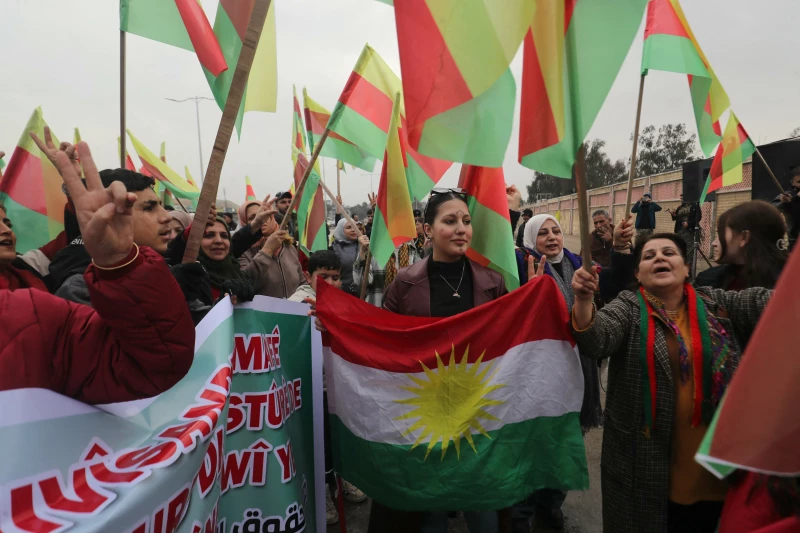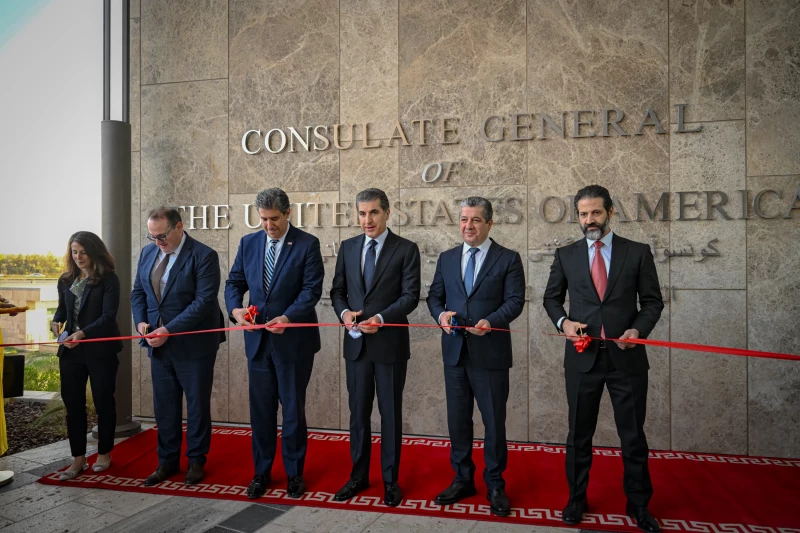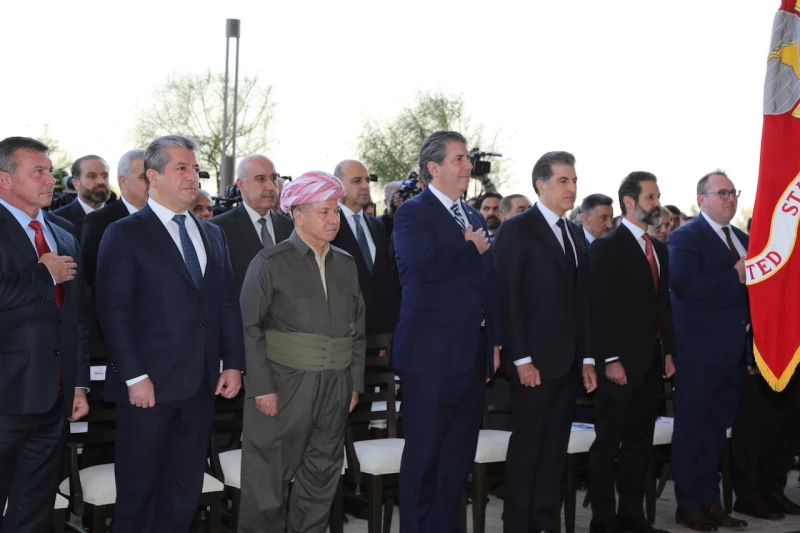It is unpredictable what US President Donald Trump will do. Trump likes to say he "stopped the wars," claiming to have brought about a peaceful solution to eight conflicts across the globe during his presidency. During his presidential campaign, he questioned, "Why are we fighting endlessly in what doesn't benefit us?"
On the surface, his words are true, but stopping a war must be accompanied by a solution to the cause of the war. Trump has not achieved peace; he has merely halted deeply rooted conflicts for a temporary period.
Trump’s diplomacy is more like a drama. In Singapore, he shook hands with North Korean leader Kim Jong-un in 2020 after threatening to unleash "fire and fury" on Pyongyang. Despite the mixing of threats and olive branches, the gesture did not lead to any disarmament or peace treaty.
The Doha agreement with the Taliban ended the direct US battlefield role in Afghanistan, but did not end the war itself.
After his last meeting with Zelensky, he indirectly asked Ukraine to recognize Russia's achievements as part of the solution.
When he ordered the killing of Qassem Soleimani in 2020, Iran retaliated with limited strikes. "We have shown strength, and now Iran is standing," Trump said. But the confrontation had only been postponed.
Transactional populist doctrine
This is not classical realism or idealism in traditional international relations concepts. That's what we might call a transactional populist suspension. “I'm making an agreement that no one else can make,” Trump says openly. In this logic, every conflict is a commercial dispute and every negotiation a moment of confrontation.
He described NATO, a military alliance in which the US has been a cornerstone since its foundation, as “obsolete,” only to praise it a few days later. This volatility is not strategic; it is an irresponsible act that hurts its allies in a situation of uncertainty.
In this doctrine, what will be the fate of those who fought alongside US troops and trusted the promises of US protection? In 2019, Trump said, "It's time to get out of this ridiculous continuous war," and suddenly withdrew troops from northern Syria. Within days, Turkish troops crossed the border.
This is the moral and semantic flaw of Trump's “ceasefire.” In this logic of Trump, the right was for the winners, for Russia, for Israel, and for the militias in Kirkuk. They give rights to the winners and demands silence from the losers - a clear example of the "might is right" philosophy underscoring his approach to international affairs.
Damage from stationary collisions
Such a foreign policy rewards aggression. A number of wars that are the result of relations and conflicts are suspended and ready to explode again, and wars are likely to happen again. Korea, Gaza, Kashmir, and Syria all live between neither war nor peace.
Another disadvantage is the destruction of existing value and principled alliances and their transformation into temporary and transactional business alliances. Europe doubts Washington’s credibility; Saudi Arabia goes under Pakistan’s nuclear umbrella, and Middle Eastern partners keep ties with Russia and China.
Europe sees an America that may turn its back on it at any time. The Middle East will see normalization without radical reconciliation. President Trump's United States has told the world that if you are strong enough to win on the battlefield, the world will eventually celebrate your victory in the name of "stability."
Trump is right about one thing: the United States should not be the police of the world and waste a lot of blood and wealth of the United States and its people. Trump did not offer a responsible alternative to this wrong trend.
After the much-lauded signing of a ceasefire agreement between Hamas and Israel, the Palestinian militant group has been clear in its refusal to lay down arms, so while they were celebrating, I wrote, "It's too early to celebrate."
The legacy of standing
History records that Donald Trump has not launched any major new wars, and that is worth admitting. But peace without a just solution is just a preparatory vacation for another war.
European leaders, especially in Berlin and Paris, have repeatedly warned that peace cannot be inspired and spontaneous. German Chancellor Angela Merkel said in 2019, "It must be based on respect for the law and the dignity of all nations. French President Emmanuel Macron reiterated this when he said, "Diplomacy must be anchored in institutions, not the temperament of personalities." Their words were not just propaganda; they reminded us that peace in the post-war European context, from the Helsinki Accords to the formation of the present European Union, was built on a legal framework, shared accountability, and expectations.
Since 1945, the strength of Western diplomacy has been the belief that international law, not power alone, guarantees peace. Article 2(4) of the UN Charter prohibits “the threat or use of force against the territorial integrity or political independence of any State.” The Trump doctrine does not recognize this line. By legitimizing power-based outcomes, whether in Crimea, Syria, or Kirkuk, it implicitly rewarded aggression unilaterally. In European eyes, this was the undoing of the decades-long attempt to civilize power through law. “We cannot live in a world that may be engulfed by extremism again,” remarked former EU envoy Federica Mogherini. Trump has created a world where the powerful have rights and the losers are forgotten.
The views expressed in this article are those of the writer and do not necessarily represent the position of The New Region's editorial team

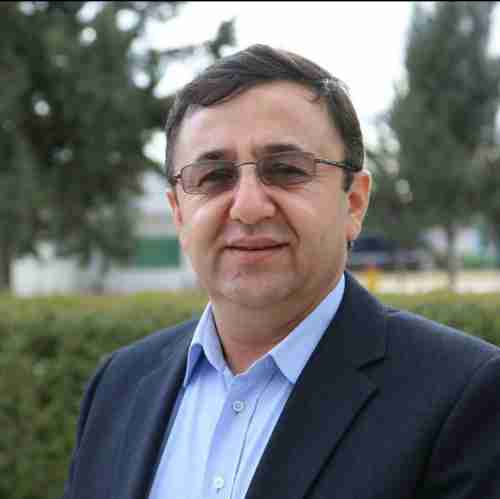
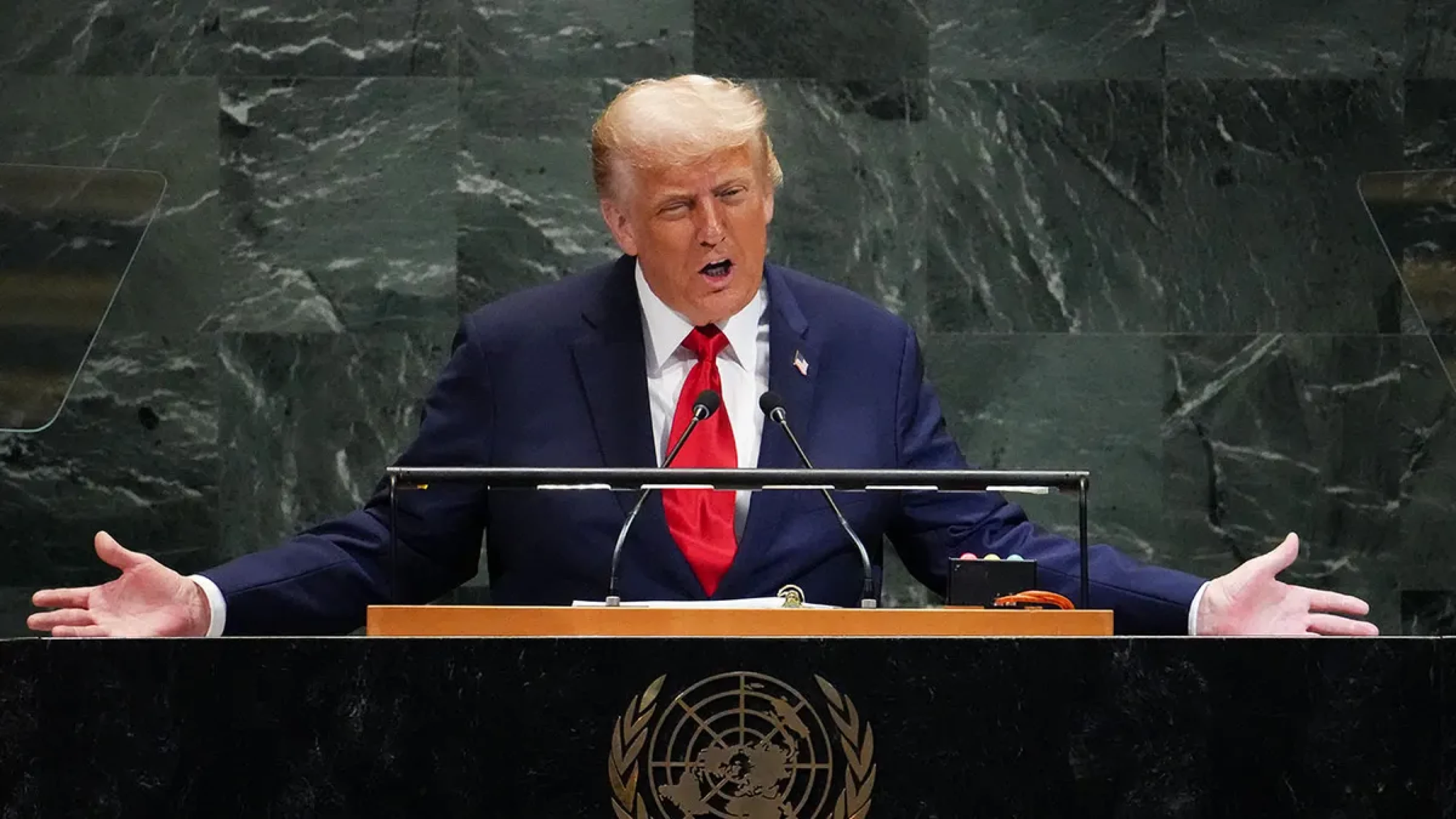
 Facebook
Facebook
 LinkedIn
LinkedIn
 Telegram
Telegram
 X
X
